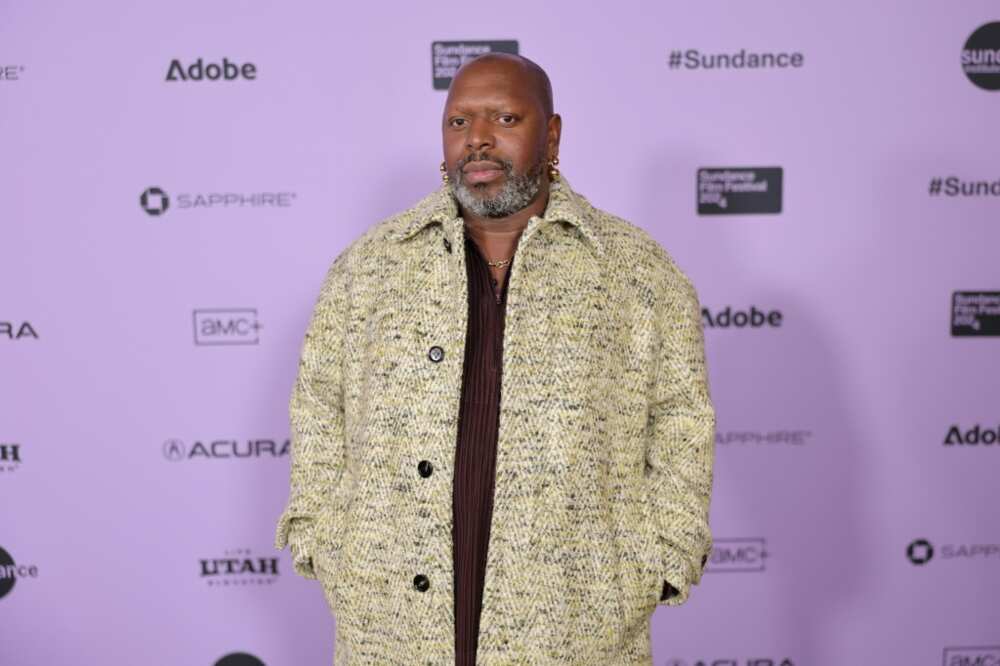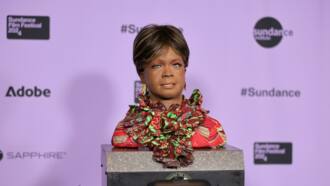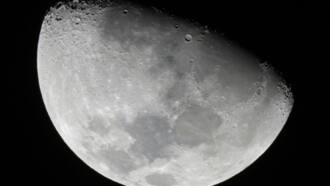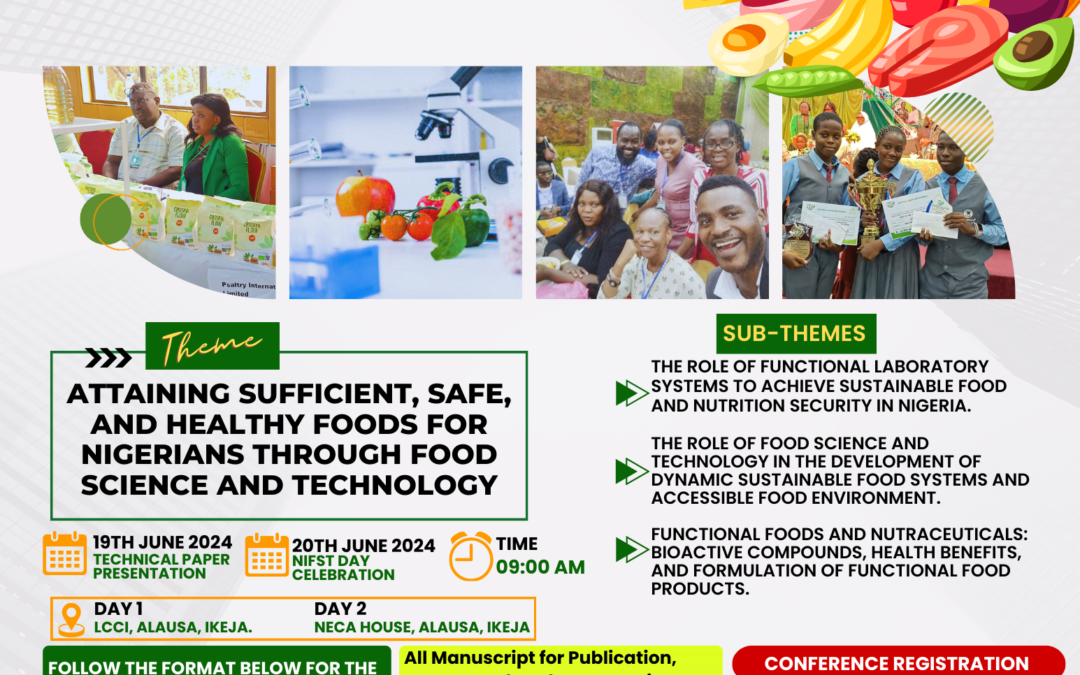[ad_1]

Photo: Neilson Barnard / GETTY IMAGES NORTH AMERICA/Getty Images via AFP
Source: AFP
An audience member was ejected from a Sundance festival event Tuesday in a spat over artificial intelligence, triggering a walkout that illustrates the divisions the technology has rapidly wrought in the film industry.
AI — a key driver of the recent and devastating Hollywood strikes — has been debated extensively at this year’s indie movie festival in Utah.
Filmmakers have experimented with using the technology as a creative tool, while also cautioning about its potential to erase jobs and stifle human expression and connection.
At a Tuesday screening of “Being (The Digital Griot),” in which audience members were encouraged to approach the screen and discuss issues like racism and the patriarchy with an AI bot, an audience member appeared to shout “fuck this AI.”
“I’m not here to be cursed out and I’m not going to have my AI child be cursed out either,” responded the film’s creator, artist Rashaad Newsome, refusing to participate in a post-screening Q&A until action was taken.
Festival staff forced the woman who had apparently yelled to leave the auditorium, prompting jeers.
Roughly a quarter of the auditorium walked out in solidarity, with some complaining that debate was being shut down and others insisting the lady expelled had not been the actual culprit.
Sundance organizers told AFP they were “looking into” the incident and “reviewing all available material to determine what happened so that corrective actions can be taken.”
But the incident highlighted long-brewing and sharply escalating tensions triggered by the issue of AI in the film world — something that this year’s Sundance lineup was specifically programmed to address.
‘Scary’
In addition to “Being,” the Sundance indie festival has hosted “Eternal You” and “Love Machina,” two documentaries about loved ones using AI to communicate after death.
Another film, “Eno,” explored musician Brian Eno’s career and creative process, using a “generative engine” to mesh together near-infinite different versions of a film from hundreds of possible scenes.
AI was also addressed on the fiction side by films like “Love Me,” starring Kristen Stewart, which imagined a romance between an AI-powered buoy and a satellite in a post-human world.
“Love Machina” director Peter Sillen told AFP that AI could soon mean that making a film will be a similar process to writing a novel.
“You’re going to be able to have somebody who’s sitting in their room create a masterpiece of filmmaking, probably,” he said.
The idea was “hard and scary” but “interesting,” Sillen said, concluding: “I think you have to be open to it.”
“Eternal You” director Hans Block pointed out that AI is already widely used in movies — indeed, the Adobe software he used to edit the film is “full of AI” and “helped us as a tool a lot.”
“It’s so much more easy to make a film nowadays,” he said.
But Block said that while AI can help as a tool, it is important to debate what harm could be caused if the technology is not regulated.
“That’s why we are so happy to present the film right now, because it’s a perfect time to open the debate about these discussions,” he said.
‘Human touch’
The danger that AI could replace screenwriters, actors and other professions was a key sticking point in last year’s Hollywood strikes, with unions holding out for guarantees from studios that they would not be replaced.
The encroachment of AI has sparked resolutely negative reactions from many filmmakers at Sundance.
Anirban Dutta, co-director of “Nocturnes,” an experiential documentary about scientists studying moths in the eastern Himalayas, said his movie is “a response to what’s happening to this world where all our human instincts are being mechanized.”
“Our film is a love letter to invite people to come back to what we are losing… human touch,” he said.
The woman who was thrown out of the “Being” screening, who has not been identified, was making a similar point before chaos erupted.
“As interesting as this (film) is… all of the knowledge it has comes from people,” she said.
Source: AFP
[ad_2]
Source link









